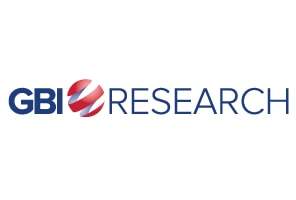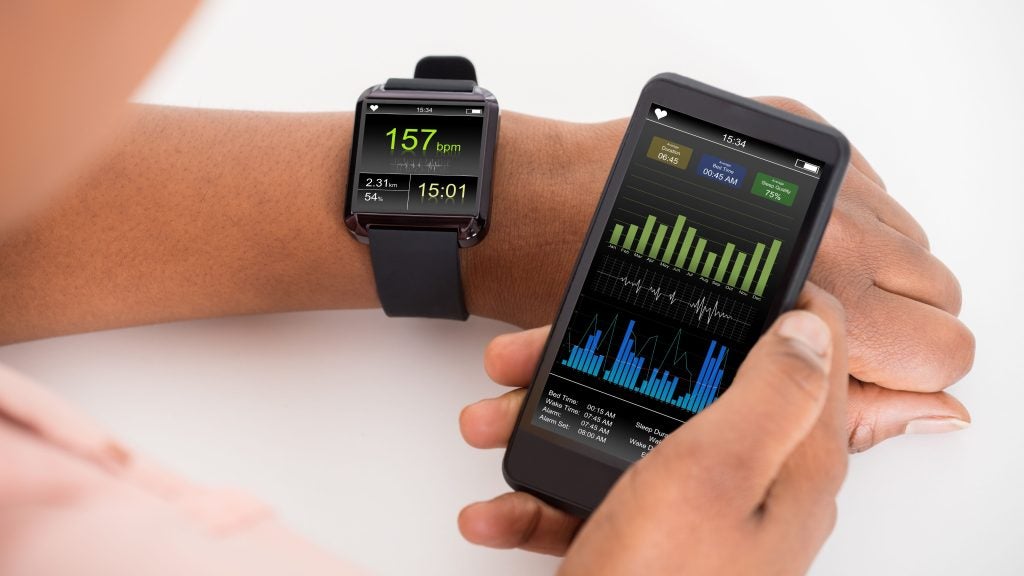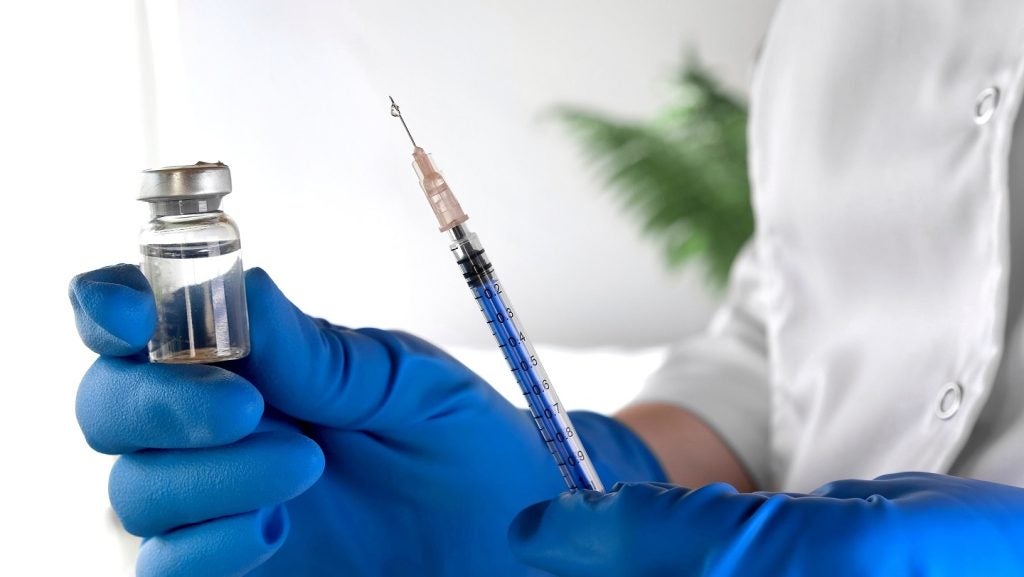
Biologics are drugs made using living organisms, and are a major tool for the treatment of numerous indications, particularly in the field of oncology.
Their high cost is a major limiting factor though – these large and complicated molecules are expensive to manufacture, and they place a heavy burden on healthcare bodies.
Biosimilars are equivalent drugs that can be produced by rival companies once a biologic’s patent expires – but they are much harder to produce than generics for chemically synthesized products and require much more up-front investment, meaning companies have historically been hesitant to get involved.
However, in recent years increased investment in biosimilars has caused a trickle of these drugs into the market.
Extending care and making savings
Cheaper biosimilars offer the potential for healthcare systems to ensure more patients have access to safe and effective care.
See Also:
They also permits greater financial sustainability for healthcare systems, and the fact that the use of biosimilars occurs mainly in long-term conditions such as cancer means the benefits are long-reaching.
How well do you really know your competitors?
Access the most comprehensive Company Profiles on the market, powered by GlobalData. Save hours of research. Gain competitive edge.

Thank you!
Your download email will arrive shortly
Not ready to buy yet? Download a free sample
We are confident about the unique quality of our Company Profiles. However, we want you to make the most beneficial decision for your business, so we offer a free sample that you can download by submitting the below form
By GlobalDataInflectra, a biosimilar used for the treatment of rheumatoid arthritis, led to healthcare savings ranging from €96m to €433m ($107m to $485m) over a five-year period across the UK, Italy, Germany and France.
Truxima, indicated for treatment of non-Hodgkin lymphoma and chronic lymphocytic leukaemia, carries potential three-year savings of €570m ($638m) across the EU – corresponding to 47,700 more patients receiving the treatment.
US playing catch up
Despite the massive potential of biosimilars for the pharma industry, healthcare providers and patients, the market is limited – particularly in the US.
Only four biosimilars have been approved there by the FDA, the first in 2015.
In contrast, the first EMA-approved biosimilar was marketed almost a decade earlier, in 2006, and so far the CHMP has granted 28 biosimilars regulatory approval for use in the EU.
In response, the FDA has been focusing on this issue, with the intent to bring more biosimilars to the market in a timely manner.
In January the FDA published its biosimilar interchangeability guidance, and in June the Supreme Court issued a ruling to accelerate biosimilars to market by scrapping the six-month wait manufacturers previously endured after FDA approval.
Big hopes for a biosimilar future
These recent developments have been warmly welcomed by the industry, physicians and patients alike, as the world’s largest pharmaceutical market looks to embrace a group of drugs that is projected to market $10.9 billion by 2021.
Many industry experts and healthcare professionals see biosimilars as a key player in the future, not only for their ability to expand patient care reach and reduce expenditure, but also lead to further innovation and improvement of the biologics they seek to copy.
As policy makers, regulatory bodies and the industry implement changes to facilitate the widespread use of biosimilars, we are surely yet to see their true impact in this still immature market.







